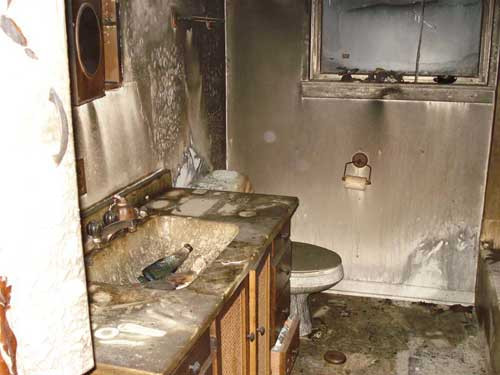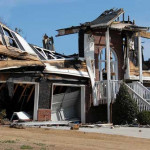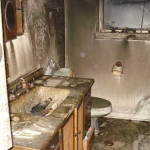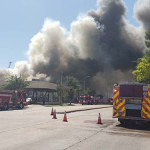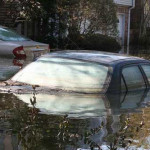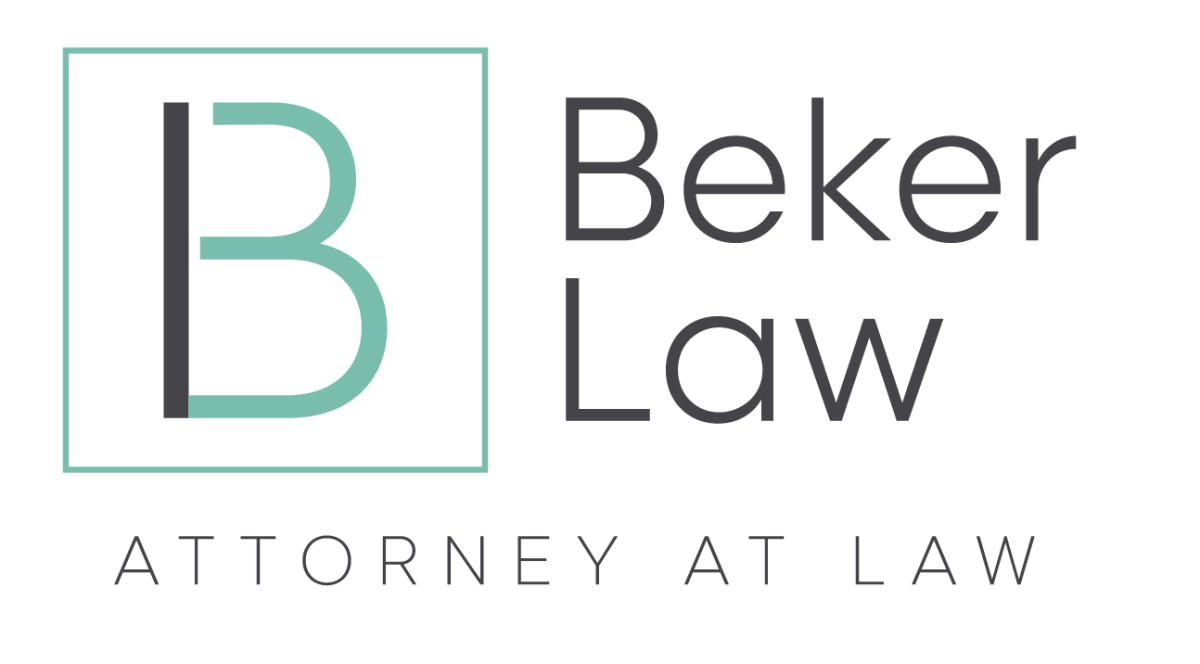Property Claim Denied! - A Financial Headache No Policyholder Anticipates
"When Hollywood actress Shannen Doherty won her $6.3 million property insurance lawsuit against State Farm last year it generated a lot of questions from property owners," stated Nejat Ahmed, a well-known property insurance attorney in the Plano and Dallas metro areas. "Her case involved a house fire and the large payout covered not only damages to her home but also personal property losses, emotional distress, and attorney fees. The jury sent an unmistakable message to the insurance company about their behavior and their decisions."
Reasons for Denial of a Property Damage Claim
There are numerous reasons a property insurance claim can be denied. The most common reasons are listed below.
Missing The Filing Deadline
All insurance companies have deadlines written into their property insurance policies. And there are deadlines for the delivery of various documents. Missing a deadline can easily result in a home insurance claim being denied.
Exclusion Clauses
Exclusion clauses are one of the most hotly contested areas of property insurance law. Insurance companies will not pay for damages resulting from causes that are excluded. This form of denial has created the great "Water vs. Wind" conflict now being contested after major hurricanes. Many property insurance contracts will EXCLUDE coverage for damage from rising water (flood) from a hurricane but they will cover damages caused by wind/rain. But when a commercial building or house is severely damaged or destroyed by a hurricane the debate is centered around the primary cause - Was it the wind or the flood water? Or both?
Currently, many property insurance companies are denying payment for damaged and destroyed properties claiming the primary cause of the damages was flood water - and flood is excluded in their contracts.
Documentation Of Damage Is Lacking Or Incomplete
Property owners have to "prove" the damages to their properties and that is typically done with photos, videos, and written descriptions. It is in the property owner's best interest to document damages as accurately as possible. Written estimates for repairs from multiple contractors can solidify property damage claims.
Failure To Prevent Additional Damage
All insurance companies have policies that require the property owner to take all reasonable steps to prevent additional damage or loss to their property after a property loss event. Should a property owner fail to take reasonable action to mitigate their damages, then the property insurance company can deny damage payments.
Nonpayment Of Insurance Premiums
This is important because insurance companies can deny coverage and payments for damages if insurance premiums are not paid on time. An auto-payment plan is an excellent method of avoiding this pitfall.
Things To Know After A Property Claim Denial
It should be noted that when a property policyholder decides to fight a claim denial that he/she will be facing a multi-million dollar corporation with access to dozens of lawyers. The fight can become very complicated and very expensive very fast. For that reason, many policyholders will ask for help from a property insurance lawyer.
Challenge a Property Claim Denial
A property insurance dispute can be communicated to the insurance regulators of the state. A property owner can complain about various actions taken by the insurance company if he/she feels the company has been unfair or abusive. Areas of complaints include misrepresentation of contract terms, delays, insurance premium payment delays, and more.
Appeal a Property Claim Denial
An unhappy policyholder can appeal a denied property claim through a formal appeal process with the insurance company. This process can result in a better outcome for the policyholder.
Negotiate a Property Claim Denial
Often a negotiation with a property claims adjuster can result in a positive outcome for the policyholder. Contractor repair estimates and replacement costs are key documents for this negotiation.
"People should be aware that property insurance companies are not always the honest companies they portray in their advertising. In the past few years, large national insurance companies have faked signatures on policies protecting clients against uninsured drivers, paid a $250,000,000 settlement to avoid a trial that they tried to rig the Illinois justice system, settled a lawsuit for $650,000 that was based on claims that the company refused to pay an arbitrated award in bad faith, and hundreds of lawsuits alleging 'breach of policy" stated Ms. Ahmed. "There is no shortage of questionable practices on the part of property insurance companies in Plano and Dallas, Texas. It happens every day and it happens in every state in the United States."
Nejat Ahmed is a founding member of LeMaster & Ahmed PLLC based in the Dallas metro area and Houston metro area. Her practice is focused on personal injury cases, litigation of complex property insurance claims, and first-party bad faith disputes involving commercial and residential property claims.
